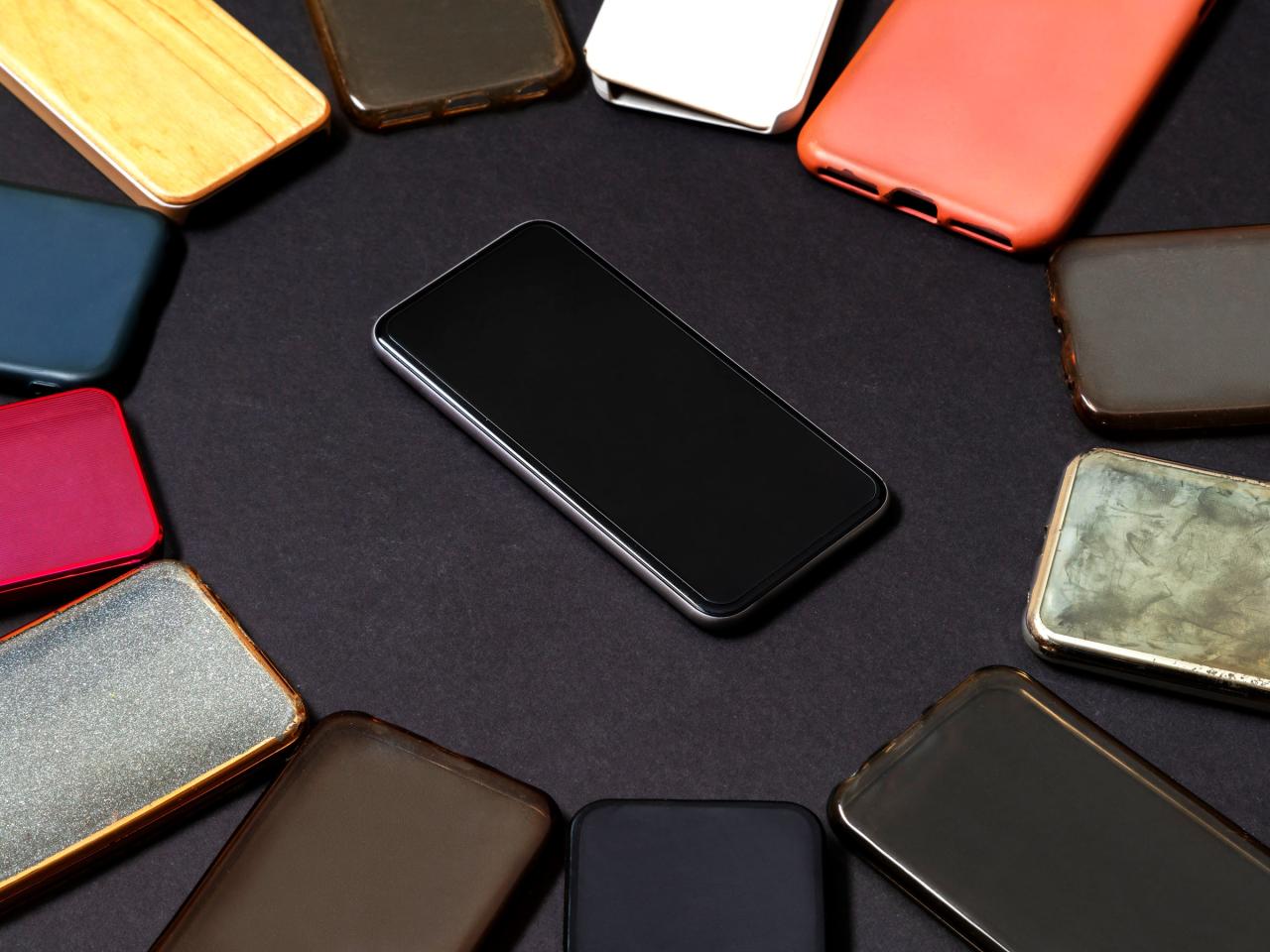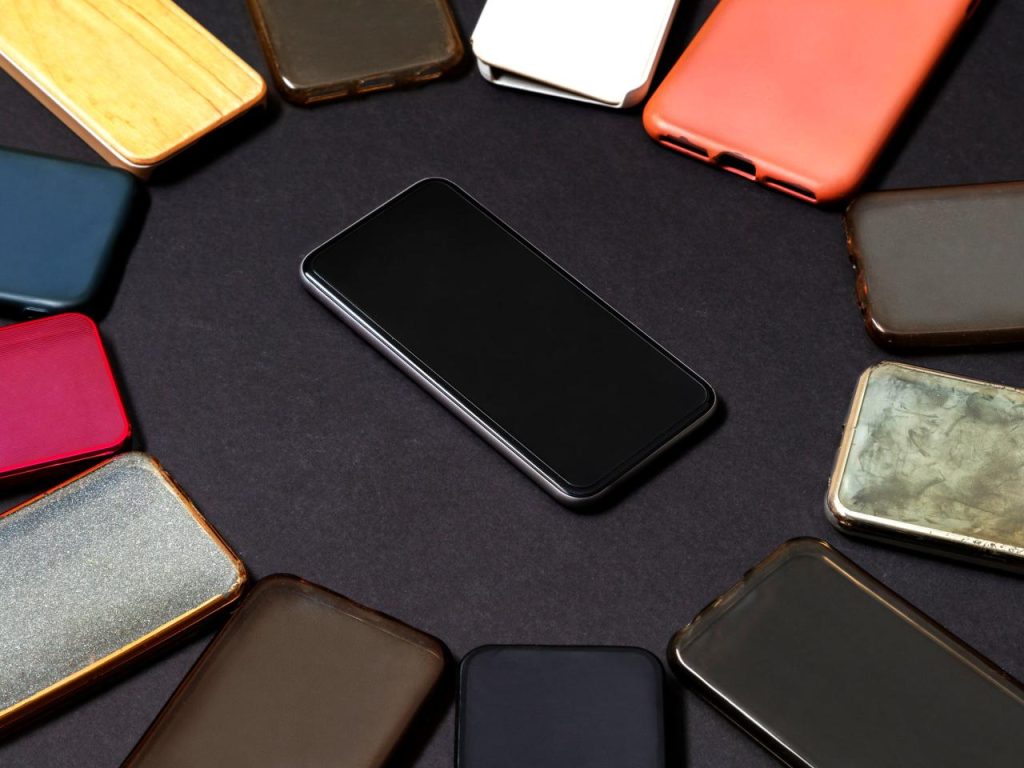When it comes to protecting our most beloved gadgets, phone cases are the unsung heroes. However, not all phone cases are created equal. The material from which they are made plays a significant role in determining their level of armor. In this article, we will delve into the world of phone case materials and uncover how different factors can affect the level of protection they provide for our cherished devices. So, grab your phone and let’s explore the fascinating world of phone case armor.

The Role of Phone Case Material in Shielding Your Device
When it comes to protecting your device, the material of your phone case plays a crucial role in safeguarding it from daily wear and tear. Different materials offer varying levels of protection, from basic scratches to heavy impacts.
One of the most common materials used in phone cases is silicone. This flexible material absorbs shock, making it ideal for protecting your device from accidental drops. However, silicone cases may not offer as much protection against scratches or heavy impacts.
Hard plastic cases, on the other hand, are great for preventing scratches and providing a slim profile for your phone. However, they may not absorb shock as well as silicone cases. Hybrid cases, which combine both silicone and hard plastic materials, offer a balance of protection against both scratches and impacts.
Ultimately, the choice of phone case material depends on your lifestyle and how you use your device. Whether you prefer a sleek design or prioritize durability, selecting the right material can ensure your device stays protected for longer.
Understanding How Different Materials Impact Protection Levels
When it comes to choosing a phone case, the material it’s made of can have a significant impact on the level of protection it provides. Different materials offer varying degrees of durability, shock absorption, and overall protection for your device. Understanding how these materials affect protection levels can help you make an informed decision when selecting a phone case.
One of the most common materials used for phone cases is hard plastic. Hard plastic cases are lightweight and provide basic protection against scratches and minor impacts. However, they may not offer as much shock absorption as other materials, making them less effective at safeguarding your phone from drops and falls.
On the other hand, silicone cases are known for their flexibility and impact resistance. Silicone is a soft, rubber-like material that can absorb shocks and protect your phone from damage in case of accidental drops. These cases are also easy to grip, reducing the likelihood of your phone slipping out of your hands.
Choosing the Right Phone Case Material for Maximum Durability
When it comes to ensuring your phone is protected from accidental drops or bumps, the material of your phone case plays a crucial role. Different materials offer varying levels of durability and protection, so it’s important to choose the right one for maximum armor against daily wear and tear.
One of the most popular materials for phone cases is silicone, known for its flexibility and shock-absorbing properties. Silicone cases are great for absorbing impact and providing a soft cushion for your phone. They are also easy to grip, reducing the chances of accidental slips.
For those looking for a more rugged option, polycarbonate cases offer superior durability and scratch resistance. Polycarbonate is a tough plastic material that can withstand heavy-duty use without cracking or breaking. These cases are ideal for individuals with an active lifestyle or who work in rough environments.
When considering the material for your phone case, think about your daily activities and the level of protection you need. Whether you opt for silicone for its flexibility or polycarbonate for its ruggedness, choosing the right material will ensure your phone stays safe and secure no matter where life takes you.
Expert Recommendations for Selecting the Best Material for Your Phone Case
When it comes to choosing the best material for your phone case, there are a few key factors to consider. Phone cases come in a variety of materials, each offering different levels of protection and durability. To help you make the best decision, here are some expert recommendations:
- Silicone: Silicone phone cases are a popular choice for their flexibility and shock-absorbing properties. They provide good grip and are easy to clean, making them a practical option for everyday use.
- Polycarbonate: Polycarbonate phone cases are known for their durability and impact resistance. They offer a high level of protection against drops and scratches, making them ideal for those who are prone to accidents.
- Leather: Leather phone cases are a stylish option that provides a unique look and feel. While they may not offer as much protection as silicone or polycarbonate, they are great for those looking for a more sophisticated aesthetic.
Ultimately, the best material for your phone case will depend on your personal preferences and lifestyle. Consider how you use your phone on a daily basis and choose a material that offers the right balance of protection and style. With the right phone case material, you can ensure that your device stays safe and secure in any situation.
In conclusion, the material of your phone case plays a crucial role in providing the necessary armor to protect your device from daily wear and tear. Whether you opt for the sleek sophistication of a hard plastic case or the rugged durability of a silicone cover, understanding the armor factor can help you make an informed decision when choosing the right protection for your phone. Remember, a well-protected phone is a happy phone!

